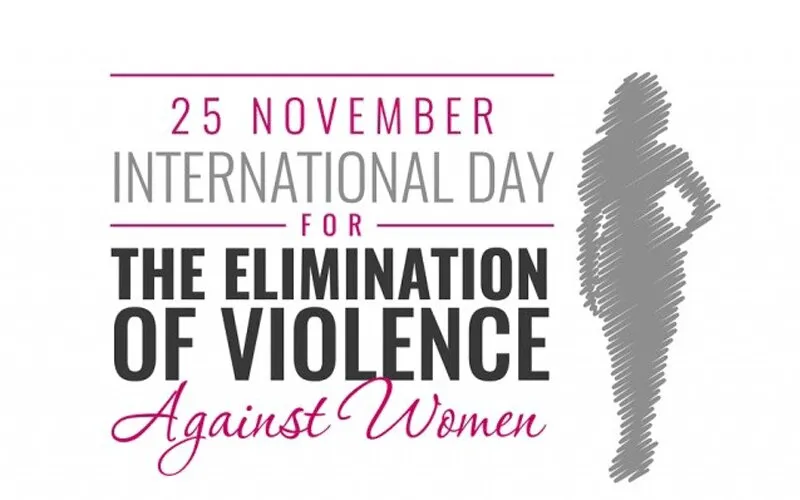Accra, 25 November, 2020 / 10:10 pm (ACI Africa).
On the occasion of the International Day for the Elimination of Violence against Women marked Wednesday, November 25, two Catholic gender experts in Ghana are calling on the government to work toward strengthening the response to gender-based violence (GBV).
In an interview with ACI Africa correspondent in Ghana, the two Catholic experts advocate for collaborative approaches in addressing GBV challenge in the West African nation, from government to non-governmental entities including religious leaders.
“(The) government of Ghana should strengthen the capacity of health workers to respond to gender-based violence including for survivors of sexual abuse,” Dr. Miriam Rahinatu Iddrisu, a Catholic Gender Specialist told ACI Africa Correspondent in an interview Tuesday, November 24, the eve of the annual event.
The capacity strengthening initiatives should include providing sexual and reproductive health services as well as mental health and psychosocial support to survivors, adapting referral pathways, and developing GBV referral guidelines amid the COVID-19 pandemic, Dr. Iddrisu added.
Noting that concerted action is needed to ensure that perpetrators of GBV are held accountable for their actions, she urged the government to go beyond the provision of quality health and psychosocial services to survivors and include “justice and reparation.”








